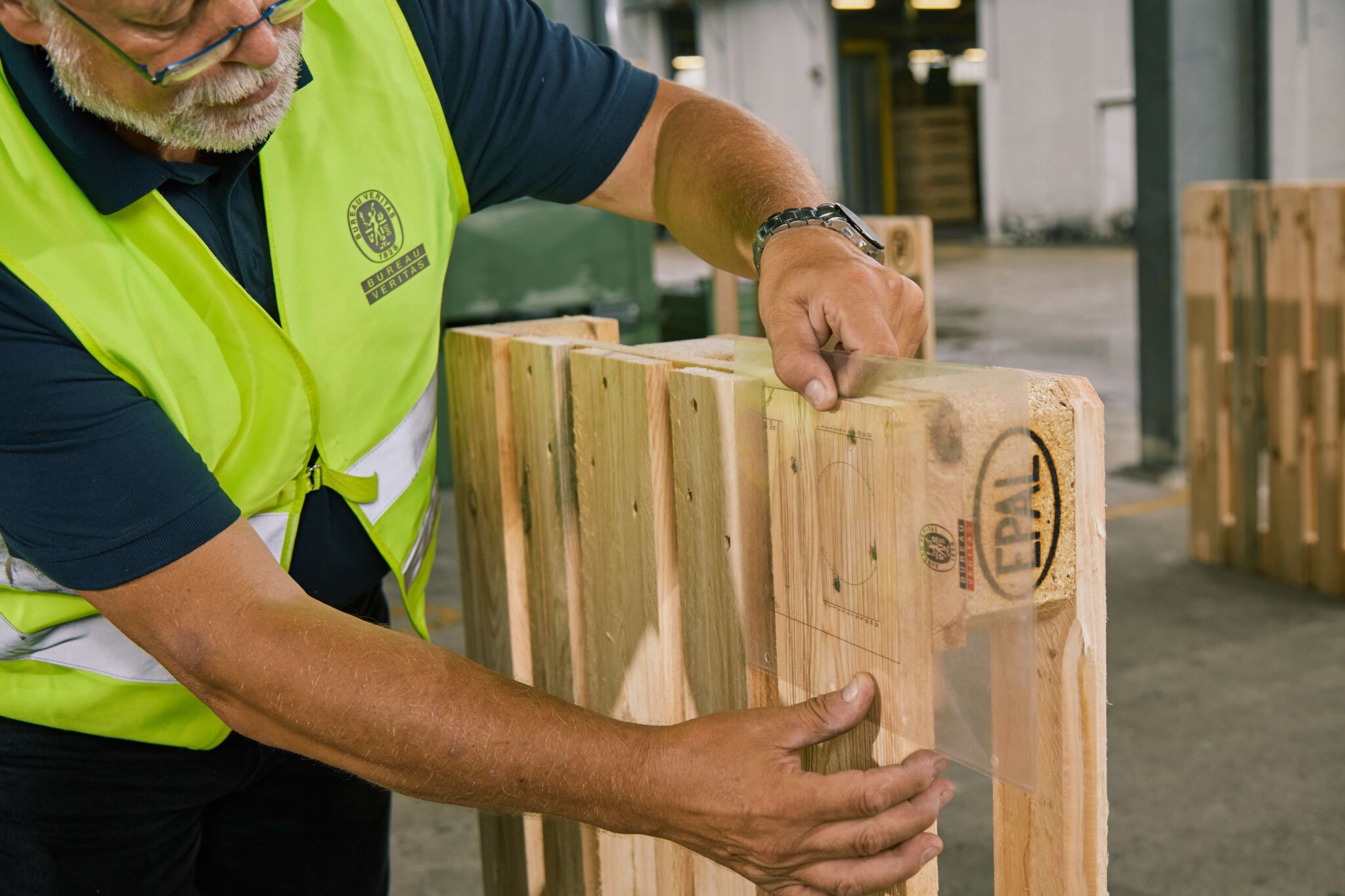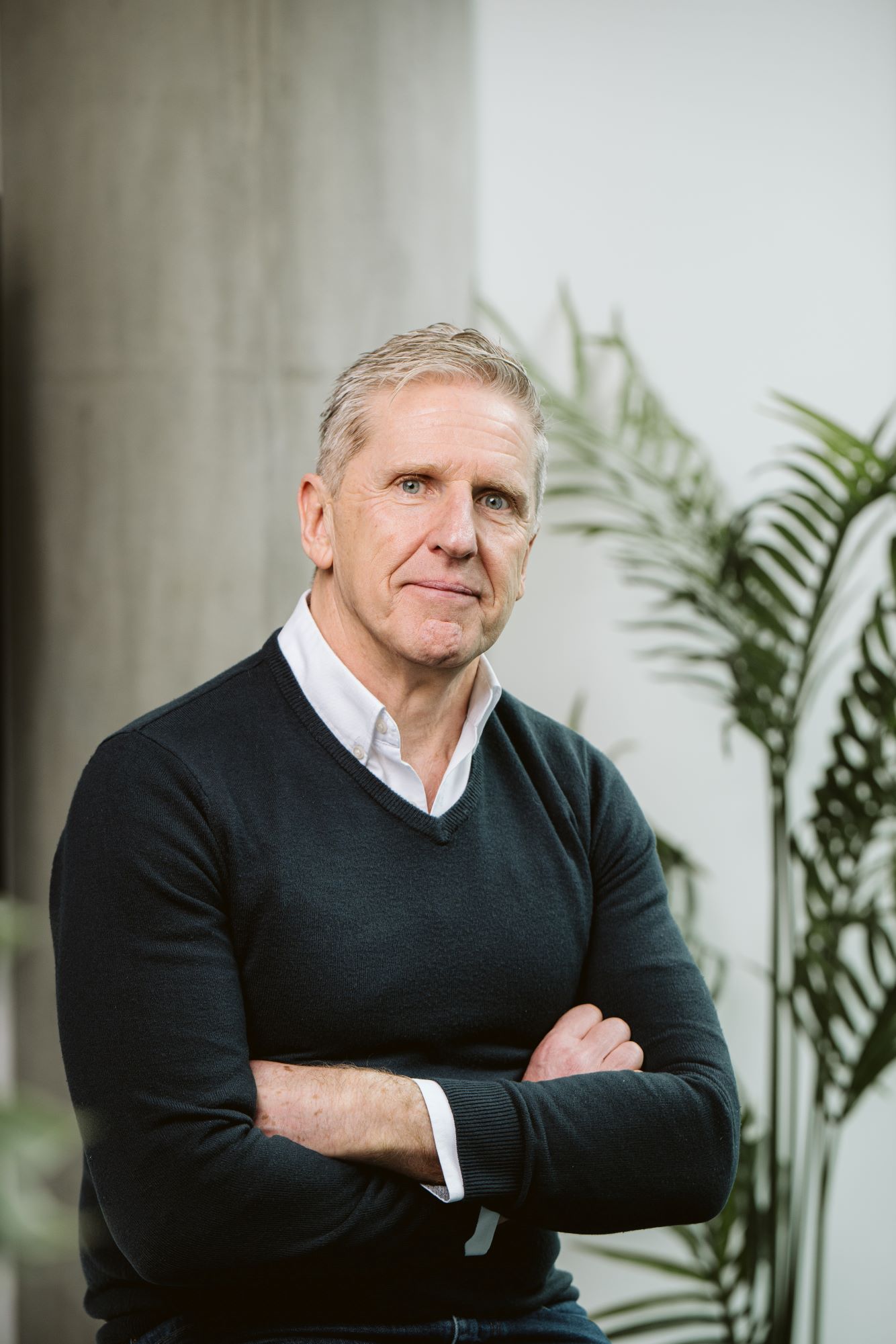P&O Ferries’ newly commissioned Fusion Class vessel ‘P&O Pioneer’ has docked at DP World Limassol port on its journey from Guangzhou, China to Dover, United Kingdom.
The industry-leading P&O Pioneer arrived on Wednesday for bunkering, as it makes its way towards Dover, where it is expected to become fully operational on the English Channel route to Calais in May 2023.
The vessel’s first trip to its new home has been aided by DP World’s vast global network of terminals allowing it to dock in one of its own terminals where it will be fully serviced by various specialist teams from within the global firm’s group of companies.
DP World’s integrated services will provide berthing, bunkering, and marine services while the vessel is docked at Limassol. Unifeeder and P&O Maritime Cyprus will be responsible for bunkering and marine operations, while DP World Limassol terminal operators will be in charge of berthing the vessel while it remains at the port.
The Pioneer is set to be the world’s largest double-ended hybrid ferry with two bridges meaning there is no need for it to turn around in ports, saving fuel on every roundtrip. Forecasts anticipate that P&O Pioneer will deliver a 40% reduction in carbon emissions on the Dover-Calais route from its first day in service, making it the most sustainable ferry ever to sail between Britain and the Continent and a true leader in advancing the UK maritime sector’s journey towards net zero.
Important step
Peter Hebblethwaite, CEO of P&O Ferries, said: “The delivery of P&O Pioneer is an important step for P&O Ferries, and one that will bring advanced sustainable technology to the Dover-Calais crossing. We are excited to offer our passengers and freight customers the chance to experience this state-of-the-art new ferry on our busiest route, which is also one of the UK’s most important connections with the continent of Europe.
“Last summer we carried more than one million passengers on this route and are looking forward to an exciting summer ahead with the first of our two new ships.”
Nawaf Abdulla, CEO of DP World Limassol, said: “I am delighted to be inaugurating this state-of-the-art hybrid ferry at DP World Limassol Terminal, in the presence of key government officials and stakeholders of the maritime sector.
“The fact that leading companies such as Unifeeder and P&O Ferries, which are both part of the DP World Group, choose to register their vessels in Cyprus is a testament to the country’s favourable Tonnage Tax System (TTS) and the government’s efforts to make the Cyprus flag more competitive. Our global range of products and solutions, from ports and technology to marine services and logistics, enables us to create end-to-end, sustainable supply chain solutions that can reshape the way the world trades.”
The Fusion Class vessel allows P&O Ferries to cut fuel use on each crossing, as it is propelled by a combination of fuel and battery power. Reductions in fuel usage and emissions are delivered by the hybrid system by allowing the Pioneer to operate from its Energy Storage System while manoeuvring or in port and is designed to have the capacity to become fully carbon neutral in the future. The modular design of the ship allows for modifications to welcome developing technology and as more charging stations are brought in at ports, current generators on the vessel can be removed and replaced with batteries.
The P&O Pioneer is the first of two identical purpose-built “Fusion Class” sister-ships ordered for the Dover – Calais route, both of which have been registered in Cyprus. The second ship, P&O Liberte, is expected to join in service towards the end of 2023.







